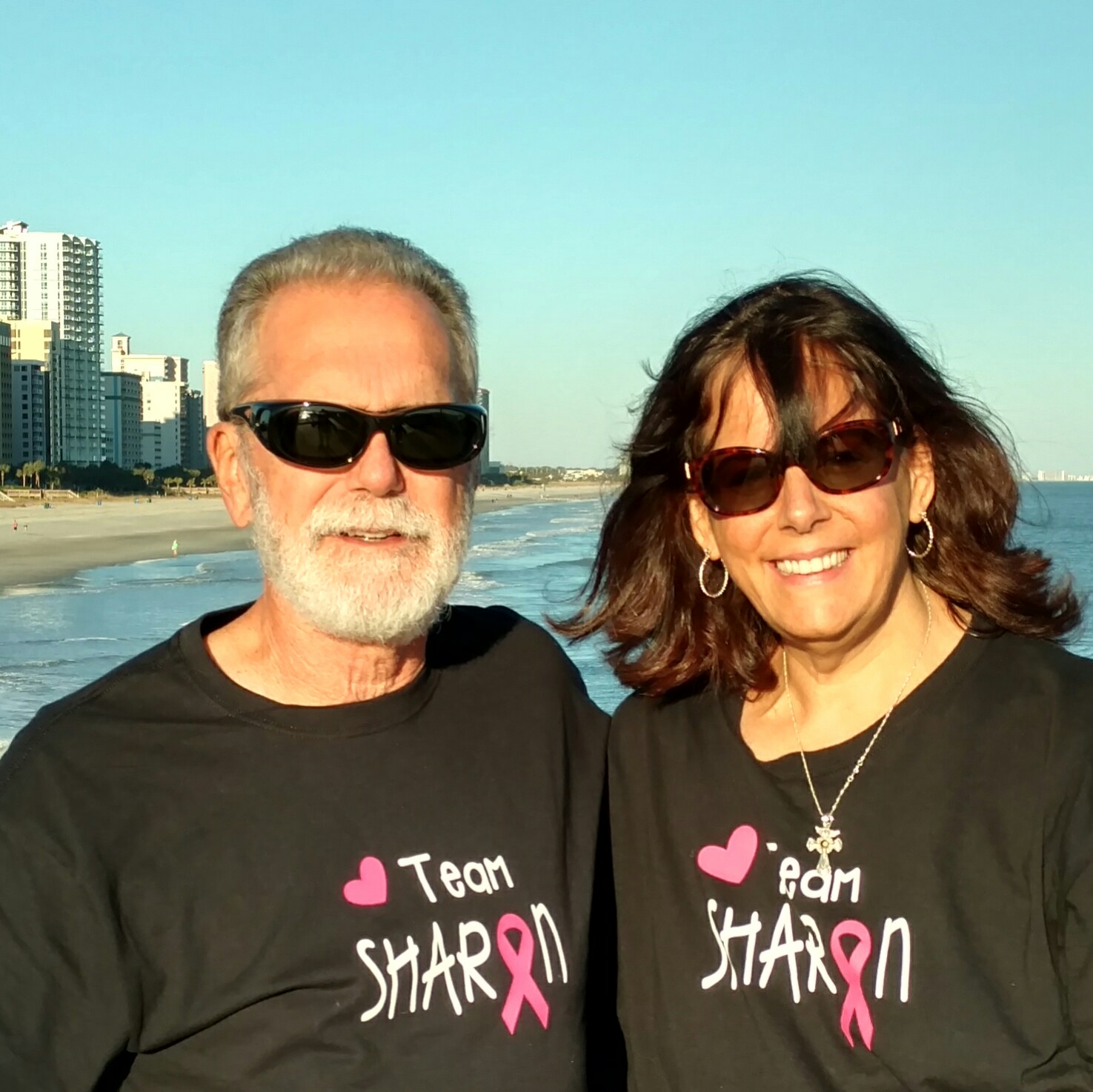Handling cardiac toxicity professionally

Handling cardiac toxicity professionally to heal all heart diseases
Handling cardiac toxicity professionally: Recommended medications
Prevention of infections is only possible before the occurrence of the problem. When a disease has invaded the body, treatment becomes necessary. At this point, we can’t talk about prevention since we are already affected. In the past cardiac toxicity treatment used to be done by stopping or reducing the dose of the medication that is deemed to be causing damage to your heart. After that, the treatment of cardiac toxicity was changed and it is now done in the same way just like it was done in other causes of heart failures. Because of this, your doctor may prescribe medications to thin your blood and make it easier for your heart to move and medications that help your heart beat more efficiently. Doctor Dalal Akoury MD and president of AWAREmed Health and Wellness Resource Center are sharing with us some of the medications that your doctor is likely to prescribe for you as far as handling cardiac toxicity is concern.
Diuretics – Damage to your heart may cause you to retain water and have to swell in your ankles. A prescription of a diuretic to increase the amount of water you excrete in the urine may become necessary. Like for instance, the use of diuretic is furosemide (Lasix®) could be applicable.
Digitalis drugs – Digitalis refers to a whole group of drugs that make the heart beat more efficient and increase the amount of blood that is pumped to the body. This can also be efficient in offering the much-needed solution.
Cardiac toxicity treatment procedures: ACE inhibitors
These drugs also make it easier for your heart to pump blood to the body by opening your arteries and lowering your blood pressure. This improves blood flow to your kidneys, which do not function properly with low blood flow. Some examples of ACE inhibitors include benazepril (Lotensin®), enalapril (Vasotec®) and fosinopril (Monopril®).
Handling cardiac toxicity professionally: Beta-blockers
These medications slow down your heart rate and may be used if you have a myocardial infarction (heart attack.) Examples are metoprolol (Lopressor®), propranolol (Inderal®) and atenolol (Tenormin®). This article may be loaded with complex medical terminologies and therefore if there is anything you need to be clarified, you can schedule an appointment with doctor Dalal Akoury today for direction.
Finally, from the discussions above it is obvious that cardiac toxicity treatment procedures must be done professionally and with the great attention, it deserves. And to effectively do this, doctor Dalal Akoury MD made a passionate decision of creating this medical center whose main objective is to transform each individual’s life through increasing awareness about health and wellness and by empowering individuals into finding their own inner healing power. Remember that, doctor Akoury’s practice focuses on personalized medicine through healthy lifestyle choices that deal with primary prevention and underlying causes instead of patching up symptoms. This is actually the place to be for all your treatment needs. You can always reach doctor Akoury on telephone number 843 213 1480 and all your concerns will be addressed professionally.
Handling cardiac toxicity professionally: Recommended medications
http://www.integrativeaddictionconference.com/wp-admin








